Notebook / Appointments
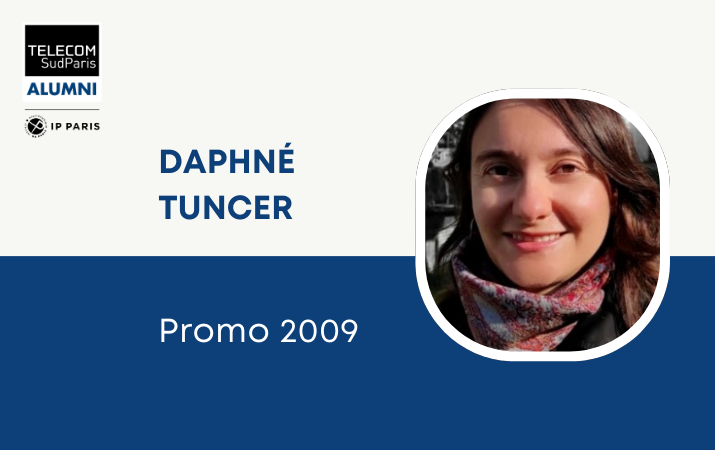
Portraits of Télécom SudParis - Portrait of Daphné TUNCER (TSP 2009), Researcher at Ecole des Ponts ParisTech
What do you remember about your years at TSP?
I have fond memories of our course, which provides a very good generalist grounding in digital tools. A funny (and true) point is that I drew inspiration from some of our courses when I had to set up my own courses in the field of networks. On a more general note, I remember a very good atmosphere and a school where I made some great friendships that remain to this day.
Can you describe your academic background?
In 3rd year, I decided to specialize in IP networks and application services. I didn't really have the profile to join this specialization as I wanted to do research; most of my fellow students joined the consulting sector. However, my choice of specialization enabled me to apply to a doctoral program and do research in this field.
After graduating, I joined the Electronic and Electrical Engineering Department at University College London (UCL) as a PhD researcher. I hadn't done an international exchange during my time at TSP, and I was keen to do my PhD abroad, especially in an English-speaking country. I was lucky enough to join UCL, one of the UK's most prestigious universities with a worldwide reputation.This gave me the means and resources I needed to carry out my thesis project, as well as enabling me to surround myself with an international network of collaborators.
After my thesis, I stayed in London. First I worked for a few years as a postdoctoral researcher in my lab. Then I became independent and joined the Computing Department at Imperial College London, London's other leading scientific university.e in London, where I obtained independent funding that enabled me to set up my own research project and start managing my own team.
Today I'm back in France after 12 years in London.
Describe your current position.
I returned to France in mid-November 2021 to start a new chapter in my life. However, I wanted to continue my academic career, so I joined the Ecole des Ponts ParisTech in the Ville Mobilité Transports Laboratory. I work on data science issues applied to the mobility of goods and people.
To give you a bit of background, my research projects are in the IT field, but in recent years I've developed a research program with a colleague at Imperial College on electric mobility services. Our work focuses in particular on networks of public charging stations and their deployment. Our aim was to study how data can be used to guide this deployment. In my current position, I've extended these questions to include connected and automated mobility.
Since March 2020, we hadn't been back on campus in London, so it was a long time. But it's been interesting in several ways. First of all, in terms of teaching, we had to move everything online, which meant adapting materials, preparing exercises in advance that could easily be delivered remotely, and so on. When it comes to attending presentations, the online format is not too restrictive, I find, but it's not very well suited to the networking part, which is much more difficult. In the future, there will surely be hybrid formats, as the online part can also have its advantages.
What's your typical day like?
I don't have a typical day! Rather, I have typical periods with weeks of teaching, periods of project supervision, times when we respond to calls for projects, times when we concentrate on finding funding, or times when we have to deal with administrative constraints. That's what's interesting. At the same time, it can be challenging, because you have to juggle a wide variety of tasks quickly and often.
Where does this vocation for research come from?
I'd been interested in research for a long time. I often find that, unfortunately, the work of a researcher is not very well known among students. Personally, I was exposed to it quite early on, as we have several researchers in the family. I think what I really like about being a researcher is the independence I have in being able to set up my own projects and work on the subjects that interest me, while being able to collaborate on a day-to-day basis with colleagues all over the world.
Why don't you decide to work in the private sector?
If by private sector we mean corporate research, I don't think celle-ci matches my expectations, either in terms of projects or the type of research carried out.
Doing research in the academic sphere allows you to explore avenues that don't necessarily have immediate outlets. In particular, as a researcher, it allows you to ask yourself fundamental questions. It's perfectly possible to do IT research in a company, but I think it's a good idea to ask yourself whether the environment in which you're working meets your personal expectations.
What are the main research challenges in your specialist field of computer and communication networks?
My research has a direct impact on the development of digital tools. Since I finished my studies at TSP, these have taken on an even more central role in our lives. I believe that, as a researcher, we can no longer focus solely on the technical aspects of these tools. It's high time to integrate their social power directly into the heart of development processes. I believe that the stakes in my field of research lie in the convergence of disciplines, in an approach that positions digital tools in relation to us and our environment, and not the other way round. I think it's essential for us, as researchers in computer science, to work towards sharing our knowledge with as many people as possible, whether in the form of events to popularize and raise awareness of our work and (above all) its impact, open source projects and so on.
What advice would you give to a TSP student?
One piece of advice I often give my students is not to hesitate to do what you want to do, no matter what anyone recommends. If it's a professional project that's close to your heart and you want to try it out, don't hesitate to put in the resources to make it happen and get started. Especially since you're still very young when you've just graduated. So now's the time to give it a try.
Interview by Kelly Zhang (IMT-BS student)
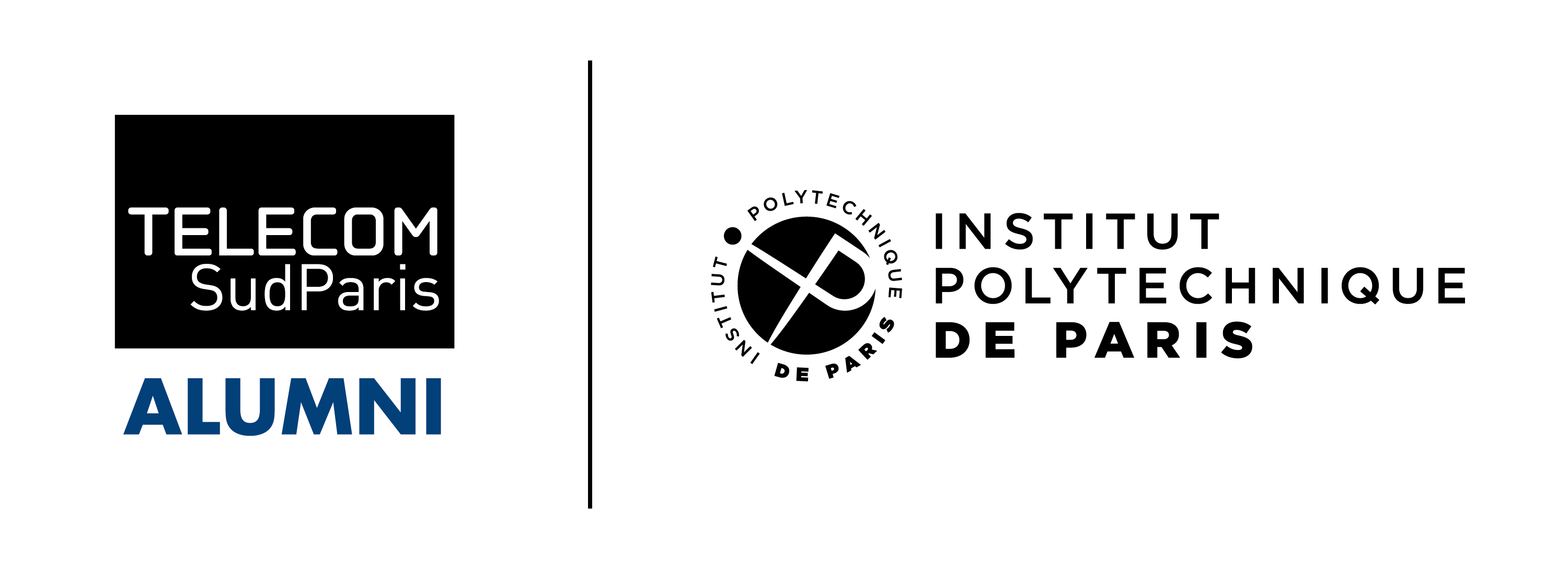

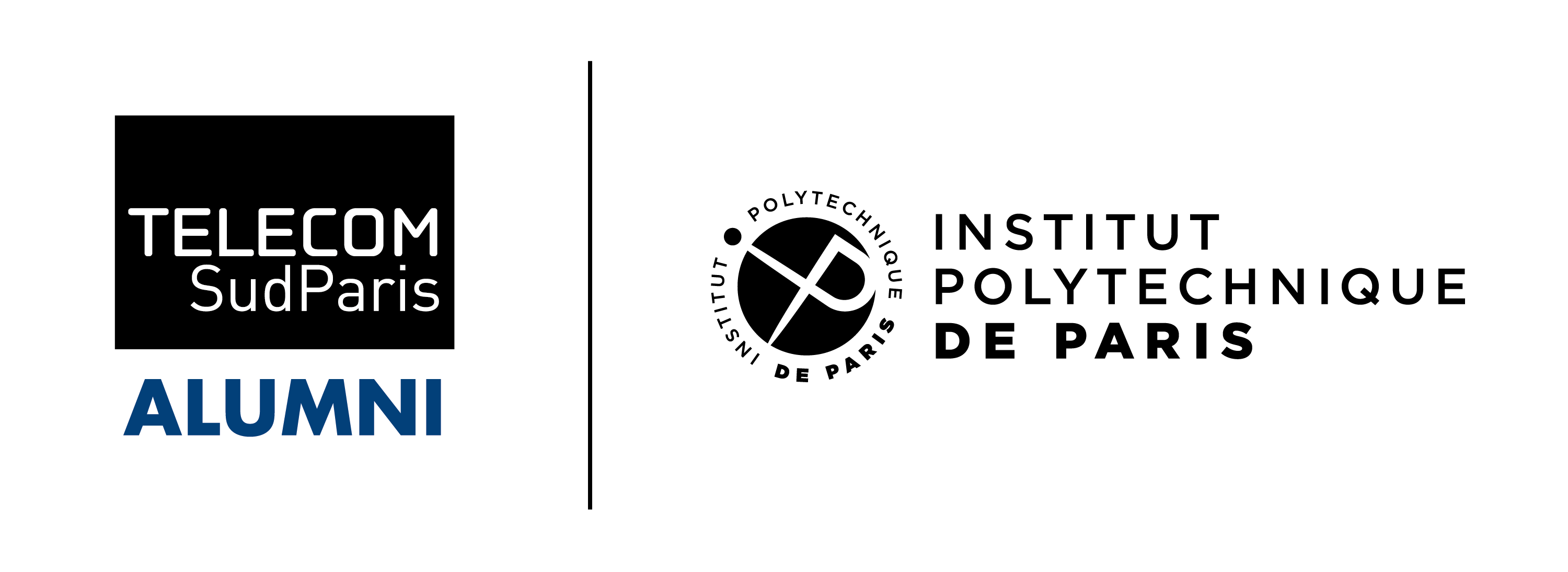
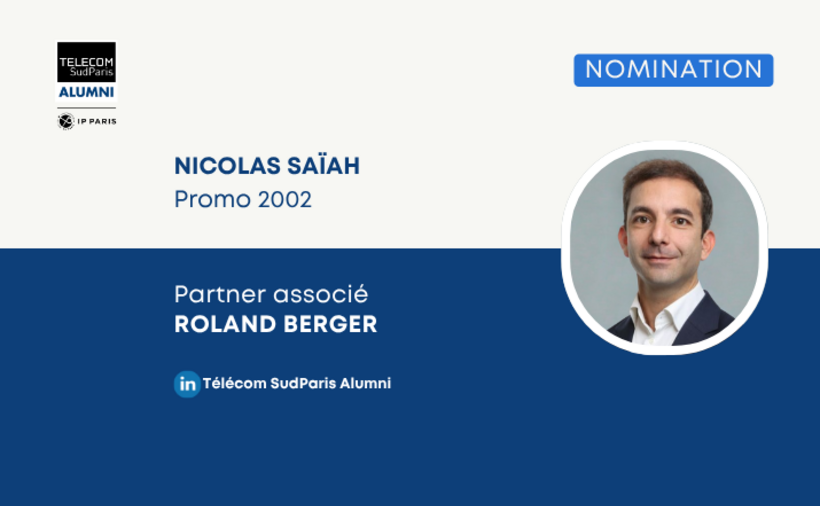
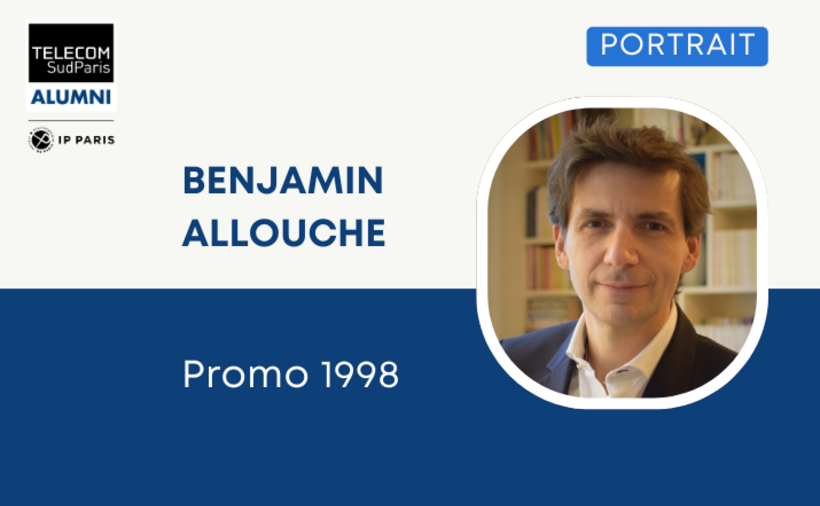
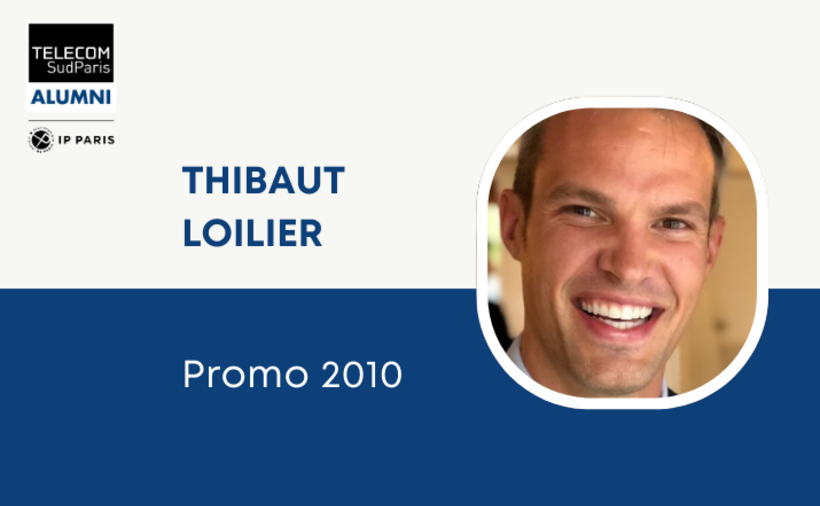
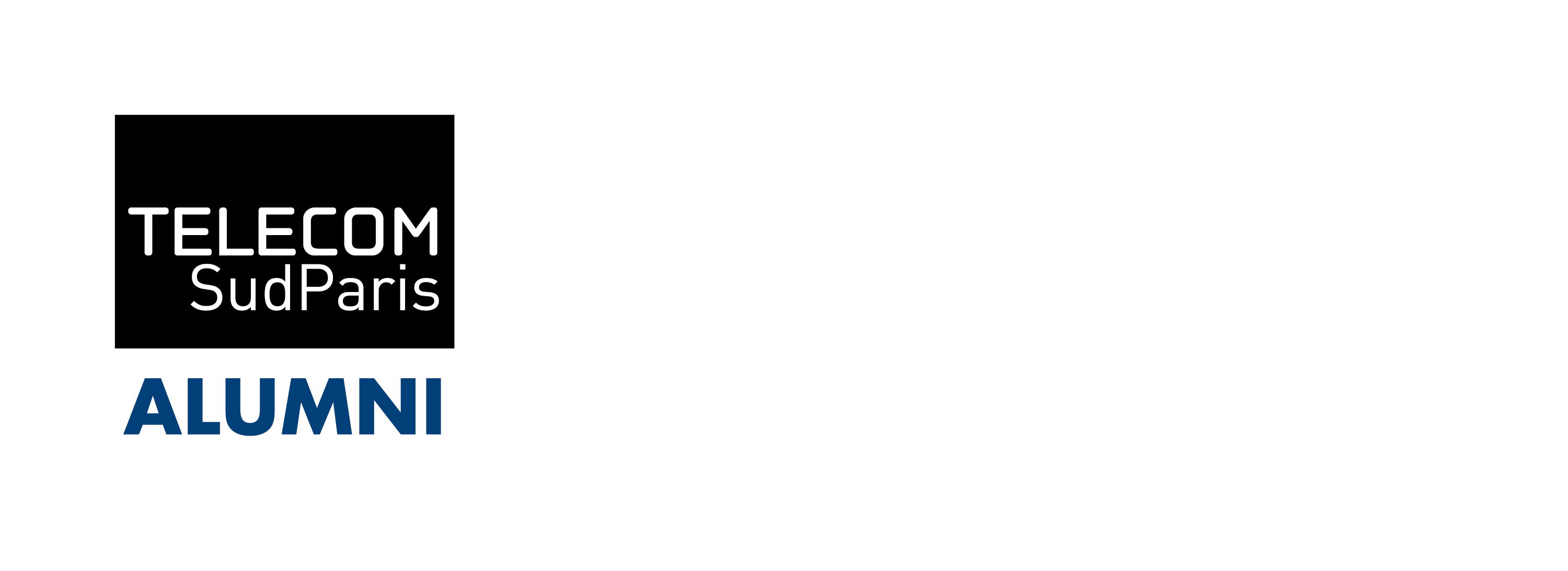
No comment
Log in to post comment. Log in.